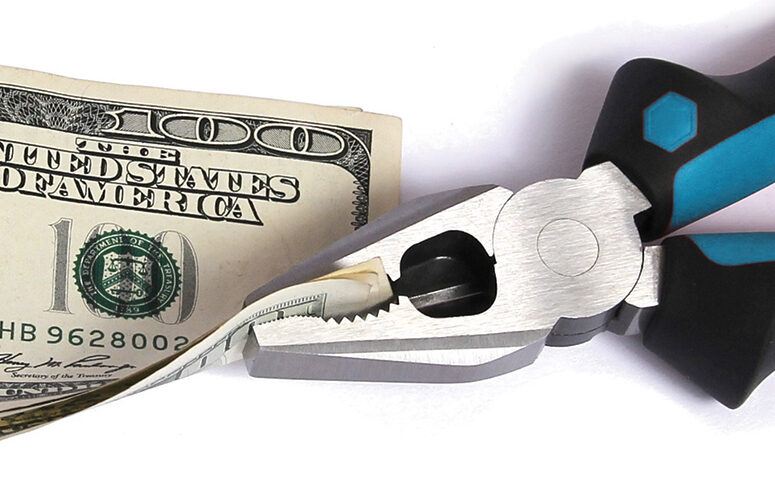
Budget Needs Reforms, Not Just Rebates
A recent surge in tax revenues – coupled with one-time federal recovery money and billions of dollars from unnecessary state bonding in 2020 – has made New Jersey flush with cash.
By Michele N. Siekerka, NJBIA President and CEO On Apr 28, 2022The windfall allows state spending to keep rising because there is enough revenue to keep the budget in balance. But what happens when nonrecurring revenues from bonds and federal pandemic aid are gone? State leaders need to be thinking several budget years ahead – just as business owners do – to ensure short-term fixes to address New Jersey’s affordability challenges do not ignore the underlying causes.
“Affordability” is a word we hear often at the Statehouse, but making New Jersey affordable for small businesses has not been a priority in this budget. Less than 0.1% of the $48.9 billion FY23 budget is direct relief for small businesses hurt by pandemic losses and record inflation.

Michele Siekerka, president and CEO, New Jersey Business & Industry Association (NJBIA)
While Gov. Phil Murphy has proposed $50 million to fund the Main Street Recovery Program, he has restricted the new $900 million ANCHOR property tax relief program to only homeowners and renters. Businesses are ineligible for rebates even though they paid half of the $31 billion in property taxes collected statewide last year.
The FY23 budget plan also boosts state aid for schools and fully funds the state pension system for the second year in a row. But, as with past budgets, there is no attempt to reform an uneven school funding formula that leads to property tax instabilities or fix a structurally challenged public employee pension system that is unsustainable.
The proposed $550 million boost in state aid for K-12 schools is a welcome investment, but it ignores the problematic school funding formula that creates winners and losers in every budget cycle, leading to property tax increases in shortchanged districts. Band-aids, in the form of rebates, do not address the uneven school funding formula that is one of the underlying drivers of the property tax problem.
The governor’s pledge to make a full $6.8 billion pension payment in the FY23 budget for the second year in a row is also commendable. Wall Street has taken notice by boosting New Jersey’s credit rating, which saves the state money in borrowing costs. But full funding, while fiscally responsible, ignores the growing cost of the pension system itself.
NJBIA strongly supports transitioning to a more sustainable hybrid public pension system for new employees, and those with less than five years of service, combining the best of a defined benefit and a defined contribution plan; a recommendation NJBIA supported in the “Path to Progress” that never got off the ground. Reducing the pension system’s cost in the long haul will help make sure the state has money in future budgets to pay for essential services.
To access more business news, visit NJB News Now.
Related Articles:





